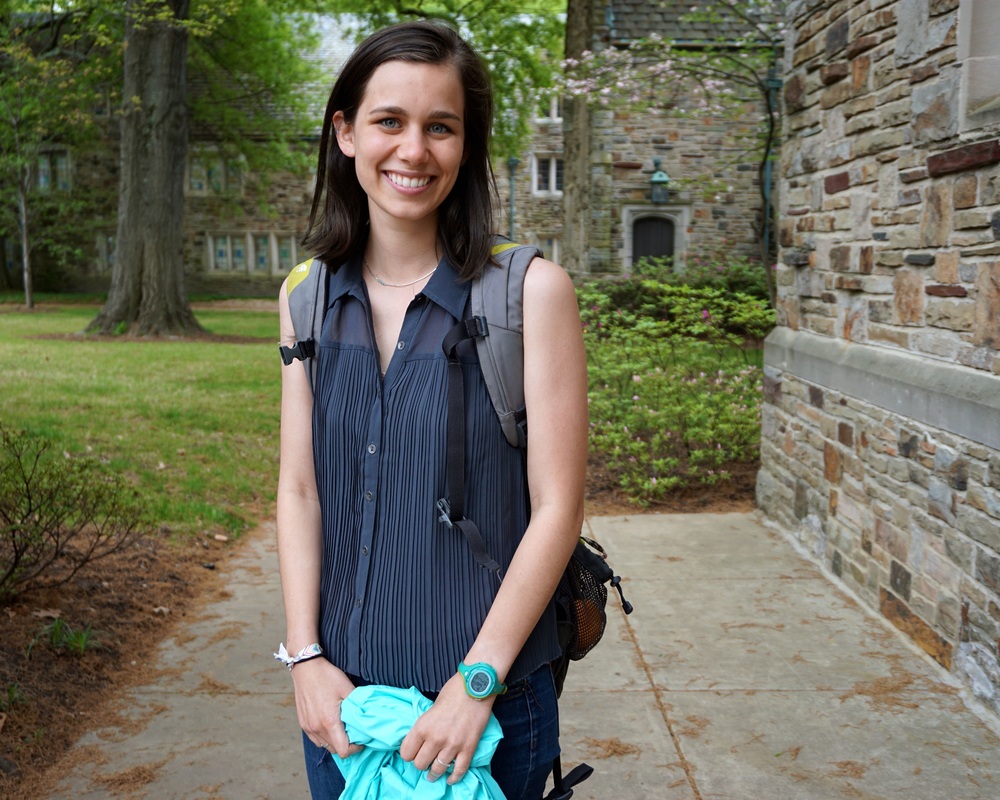“A big draw to Rhodes was the Bonner program (a national service scholarship program), which has given me strong connections to the Memphis community. Since my first week in college, I’ve been volunteering where I was the minority. That's where I began to recognize the extent of the racial tension and poverty that existed right around me and how much reconciliation work needed to be done both in the community and in my own life.
"I was mentoring a teenage girl in Binghampton and thinking that if I got to know her, I’d have a better understanding of X, Y, and Z, that I’d know more about an entire group of people, but it’s more complicated than that. You can’t make those kinds of assumptions; you can’t generalize. Every person is an individual, and you see that once you get below the surface. The challenge is getting below the surface. Race and class privilege can speak loudly and keep you from seeing people as individuals.
“My faith has played a big part in how my views have changed. I had neglected church in high school, but once I started volunteering, I reconnected with religion. I could see that God’s heart for the city and his heart for racial reconciliation lined up exactly with what we were trying to do through the volunteer work. I know religion can be watered down and that it can be used to separate people from one another, but the message of Christ is one of inclusion, not isolation. I didn’t want to come to college and stay behind these gates. I wanted to go beyond them, to form real relationships and not just participate in one-time projects. Interacting with a greater variety of people has made me so much more aware. I’m continuing to learn, and the experiences are shaping who I am and how I want to live my life.”
"I was mentoring a teenage girl in Binghampton and thinking that if I got to know her, I’d have a better understanding of X, Y, and Z, that I’d know more about an entire group of people, but it’s more complicated than that. You can’t make those kinds of assumptions; you can’t generalize. Every person is an individual, and you see that once you get below the surface. The challenge is getting below the surface. Race and class privilege can speak loudly and keep you from seeing people as individuals.
“My faith has played a big part in how my views have changed. I had neglected church in high school, but once I started volunteering, I reconnected with religion. I could see that God’s heart for the city and his heart for racial reconciliation lined up exactly with what we were trying to do through the volunteer work. I know religion can be watered down and that it can be used to separate people from one another, but the message of Christ is one of inclusion, not isolation. I didn’t want to come to college and stay behind these gates. I wanted to go beyond them, to form real relationships and not just participate in one-time projects. Interacting with a greater variety of people has made me so much more aware. I’m continuing to learn, and the experiences are shaping who I am and how I want to live my life.”

 RSS Feed
RSS Feed